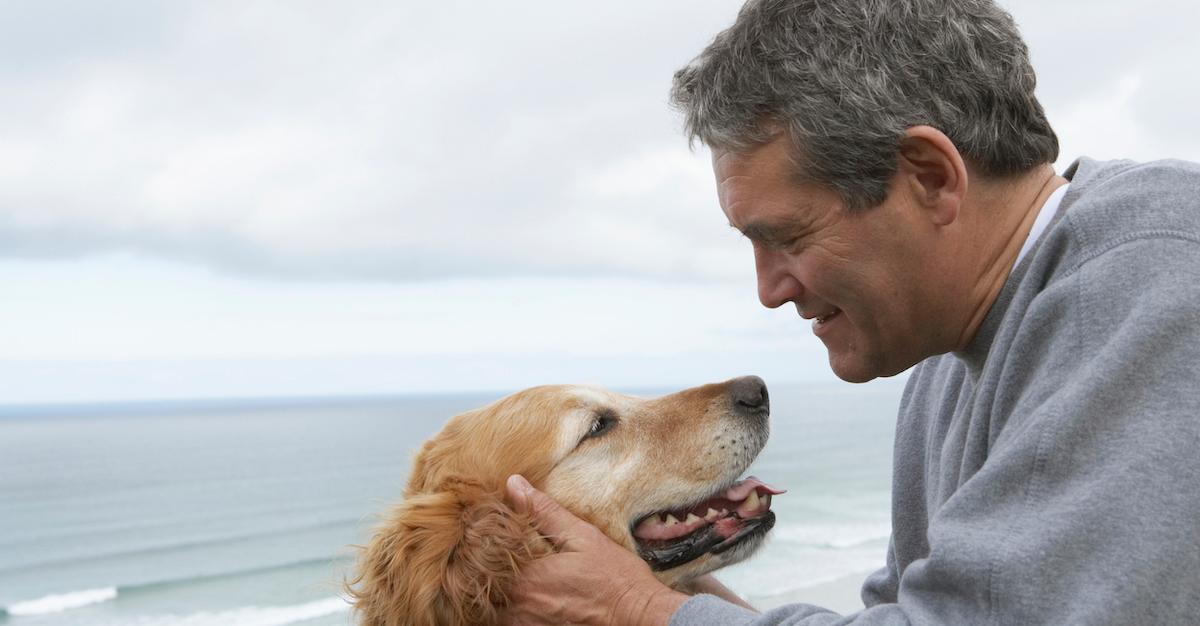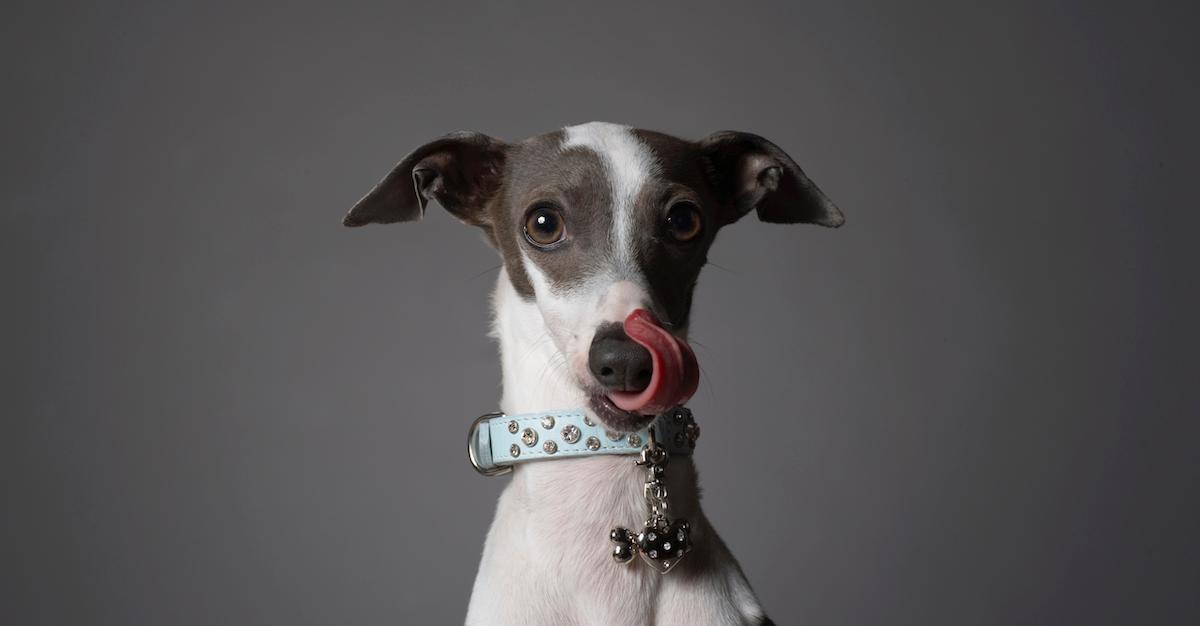Are Dogs Affected by the Climate Crisis? Are They Exacerbating It?
Published Oct. 28 2022, 4:32 p.m. ET

The climate crisis was created largely due to irresponsible human activity — we polluted the air and water with irresponsible industrial and agricultural practices, gas-powered vehicles, and single-use plastics until the ozone could no longer protect us from the heat of the sun. As a result, the ice caps are melting, ecosystems are withering, and humanity is suffering.
But where does man's best friend come into the picture? Are dogs affected by climate change? Are they making it worse?
According to the University of British Columbia, pet parenting comes with a pretty high environmental impact — but it doesn't have to.
"Pet ownership doesn’t have to be so tough on the planet," the piece, titled Companion animals in the climate crisis, reads. "Pet ownership involves making choices in providing care for an animal and sometimes these might not necessarily be the best decisions for the environment."
And unfortunately, global warming takes a toll on our fur babies, too.
"We’ve seen higher numbers of companion animals dying from heatstroke in the recent heat waves this summer," the piece continues. "And unfortunately, we likely will see more of this in the future.
That said, there's a pretty clear relationship between dogs and the climate crisis.

How are dogs affected by the climate crisis?
Yes, sadly, dogs are negatively impacted by the climate crisis.
According to Salon, global warming is inevitably leading to food shortages and supply chain issues. And, as the climate crisis continues to take a toll on the economy, more and more people have to give up their pets, in order to survive. The failing economy will also lead to many pet owners failing to adequately care for their furry friends — by giving them consistent medical care and food.
"People like to say that their pets are family, but the truth is, the dog or cat is on the lowest rung of the family totem pole," Dr. Clive D. L. Wynne, of Arizona State University told Salon. "When times get tough, people abandon their pets long before give up their children. Consequently, if life gets tougher for people, it will get even tougher for their pets."
Many dogs also cannot adapt to heat — with warming temperatures, many dogs will not survive.
And finally, it is going to change the way people care for dogs. With more heatwaves, people will be less likely to exercise their dog outside. Many will also likely succumb to diseases — zoonotic agents are more prevalent in warmer temperatures.
"For example, rabies infection as well as dog bites has been shown to be linked to warmer weather," Protopopova stated. "It remains to be empirically shown, however, that these expected outcomes will actually happen. For now, we can only speculate."

Are dogs exacerbating the climate crisis?
While we love our furry friends, dogs are, in fact, impacting the climate crisis.
According to TED, this is in part because the meat industry leads to deforestation, water pollution, air pollution, and ozone depletion. Upwards of 70 percent of U.S. households have pets, and because the meat industry is so high impact, dog food consumption results in about 64 million tons of greenhouse gases being pumped into the atmosphere.
Waste like poop bags and packaging from toys and food also build up. Dog poop itself also builds up in landfill, containing pathogens that are passed to people, and pollute soil and waterways. And if you spoil your pup (which let's face it, we all do!), buying them all clothes, toys, and more requires quite a bit of material production, and results in large amounts of waste.
To ensure you're pet-parenting mindfully, opt for meatless or kibble with a low meat content. You can also opt for sustainable food options, and sustainable pet brands that package treats, food, accessories, and toys in eco-friendly packaging.
Inevitably, your dog will continue pooping. But consider opting for a pooper scooper when you can, to avoid using a plastic bag. We aren't telling you to give up your pup — just keep their "paw print" low.